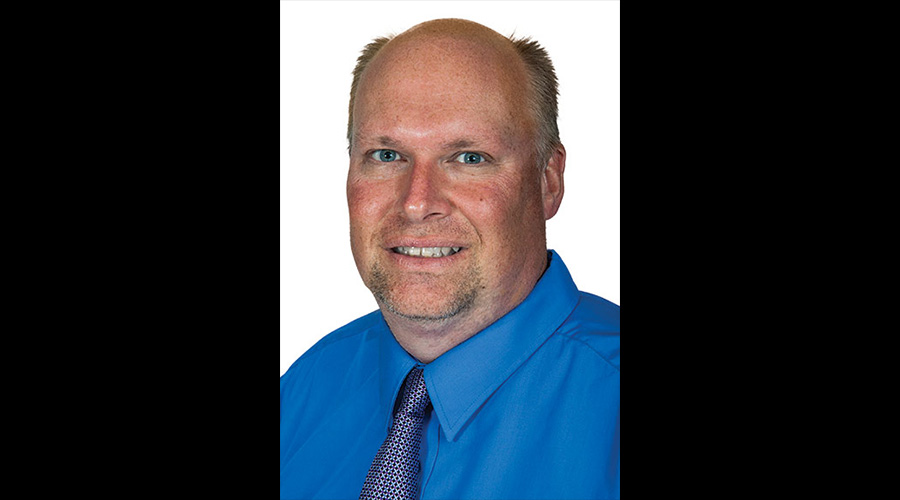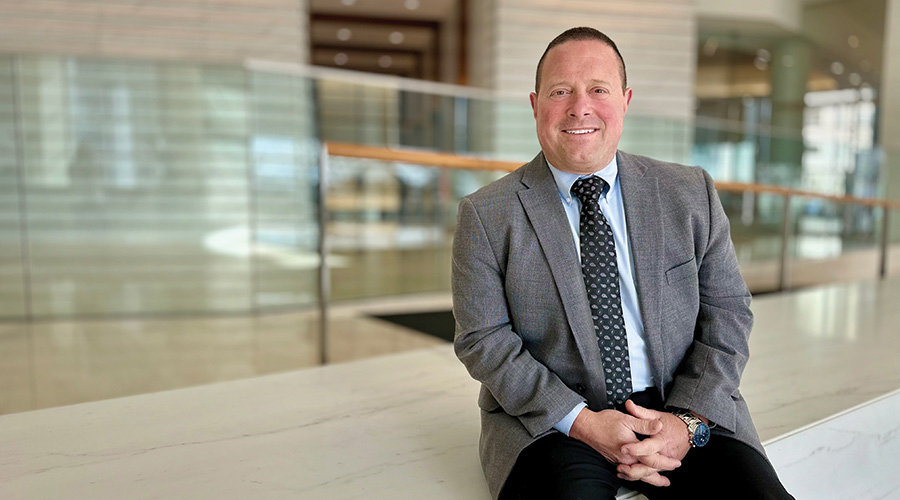Regulators Meet to Discuss Electricity Demand Response Policies
State and federal regulators will meet this month to begin a collaborative discussion to explore coordinating their approaches to electricity demand response policies and practices.
State and federal regulators will meet this month to begin a collaborative discussion to explore coordinating their approaches to electricity demand response policies and practices.
Participants in the collaborative dialogue will include more than a dozen state utilities regulators representing all regions of the country, according to FERC.
A series of meetings, the dialogue will be co-chaired by Commissioner Jon Wellinghoff of the Federal Energy Regulatory Commission (FERC), along with Commissioner Sam J. Ervin, IV of the North Carolina Utilities Commission and Commissioner Phyllis Reha of the Minnesota Public Utilities Commission.
The meetings are in response to a FERC staff report, “Assessment of Demand Response & Advanced Metering,” which was forwarded to Congress.
The report to Congress found that only 5 percent of the nation’s electricity consumers use some form of incentive-based demand response program or time-of-use rates, and that advanced metering has a penetration of only 6 percent of installed meters. Nationally, the total potential demand response resource contribution from existing programs is estimated to be about 37,500 megawatts, the staff report concluded. That level of demand response is the equivalent of building more than 40 average-sized power plants, according to FERC.
Key regulatory barriers identified in the report to Congress which the dialogue will discuss include:
- Disconnect between retail pricing and wholesale markets
- Utility disincentives associated with offering demand response
- Cost recovery and incentives for enabling technologies
- Research on cost-effectiveness and measurement of reductions
- Specific state-level barriers to greater demand response
- Specific retail and wholesale rules that limit demand response
- Barriers to providing demand response services by third parties
- Insufficient market transparency and access to data
- Coordination of federal-state jurisdiction affecting demand response
About the Dialogue, FERC Chairman Joseph T. Kelliher says, “I am extremely pleased that we begin this Collaborative Dialogue. I have sought a cooperative federal-state effort to promote electricity demand response since I joined the Commission three years ago, and I am glad that Commissioner Wellinghoff has agreed to take the lead on FERC’s behalf in this important effort.”
The first meeting will take place November 12, 2006 in Miami, Florida.
Related Topics:











